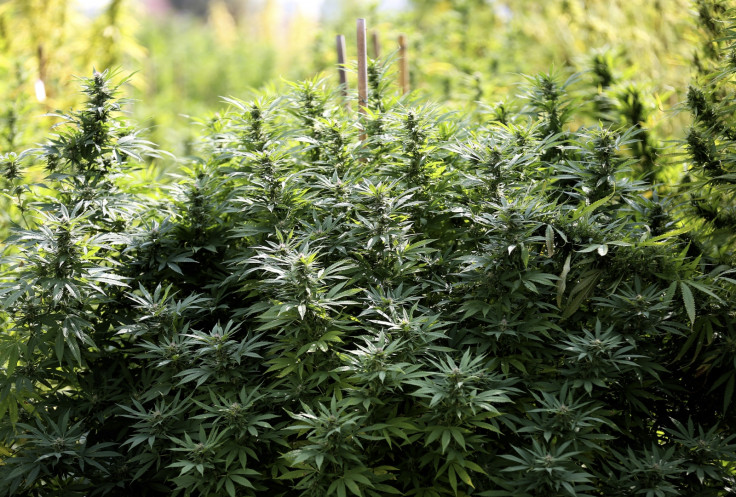Medical marijuana shows promise in the fight against opioid addiction
The opioid abuse crisis in the US has claimed many lives and medical cannabis could potentially help.

Medical marijuana has the potential to help people who suffer from an addiction to opioids, a scientist has argued. Large clinical trials should be a priority to confirm this and address the current opioid abuse crisis, which is currently having devastating outcomes in the US.
In the country, 2.5 million people have been diagnosed with an opioid use disorder, a condition characterised by a compulsive use of opioids with adverse health consequences. Over 80 people die in the US each day from opioid overdose – similar to the number of people who die daily in car accidents.
In the US states that have legalised marijuana, a decrease in opioid use has recently been observed, with less prescription for opioid painkillers being prescribed and a reduced number of overdoses.
This has resulted in speculations regarding the potential for medicinal properties of marijuana to reduce opioid use but no studies have so far been conducted to explain this correlation.
Two main components of marijuana are of particular interest for medicine – THC, which is the main psychoactive component, and CBD, the main non-psychoactive substance, which does not get you high.
In a paper published in Trends in Neuroscience, neurobiologist Yasmin Hurd, of Icahn School of Medicine at Mount Sinai, argues that CBD could be an interesting candidate to develop medicines to treat opioid addiction – but not necessarily THC, which carries the potential of being misused.
Using cannabinoids
Hurd and her colleagues have been researching how both cannabinoids and opioids act on the brain for years. They have shown that in animal models of heroin addiction, CBD appeared to reduce their heroin-seeking behaviour.
What are opioids?
Opioids are compounds that act on opioid receptors in the brain to produce morphine-like effects. In medicine, they are used as painkillers for patients with chronic pain - but the the potential for abuse is important.
Heroin is an illegal opioid drug made from morphine, a natural substance taken from the seed pod of the Asian opium poppy plant.
In a small study conducted last year, they discovered that positive effects could also be observed in humans. The participants, suffering from a heroin addiction, saw their cravings for the drug and their anxiety reduced when they were given the compound.
"The common nature of many addictions is that it is a chronic relapsing disorder. Heroin users who are trying to abstain are surrounded by cues that lead to cravings for the drug and they become anxious not to give in to those cravings. We found that CBD reduced that anxiety," Hurd told IBTimes UK.
Now, the urgency is to replicate these findings into larger trials to assess how CBD can help people who abuse opioids – not only heroin addicts, but also those who abuse painkillers.
"It is essential that we conduct more clinical studies or we will stay in the current situation, with no evidence-based treatment. We can't make a health policy based on what people want, we need rigorous studies to look at CBD – like every medicine it has benefits and side-effects and we need to be systematic when we study it. We need concerted efforts by the government to reduce the hurdles to conducting trials, although with the new administration it is impossible to know what is going to happen," Hurd said.
While large studies into the effects of CBD are necessary to confirm the impact of this cannabinoid on opioid use, some experts think that studying other cannabinoids, including THC, remains interesting.
"It is interesting to see that CBD is being investigated for its potential as an anxiolytic, especially since anxiety can be a factor during opioid dependence and withdrawal. But the landscape is definitely more complicated, research with THC also indicates it could also have significant positive effects for some people using opioids, especially when they are in pain or use opioids to coping with emotional issues", said Dr Henry Fisher, policy director at Volteface, a think tank looking at alternatives to current drug policies.
© Copyright IBTimes 2025. All rights reserved.






















